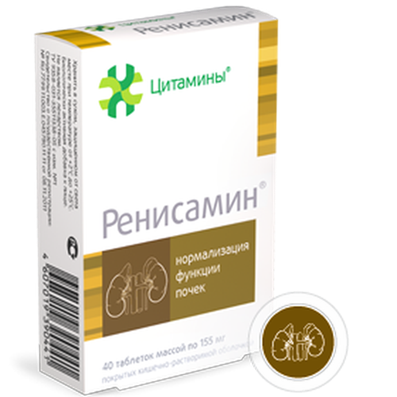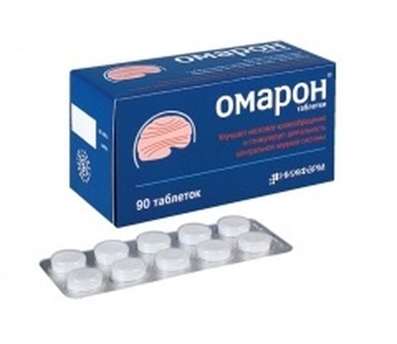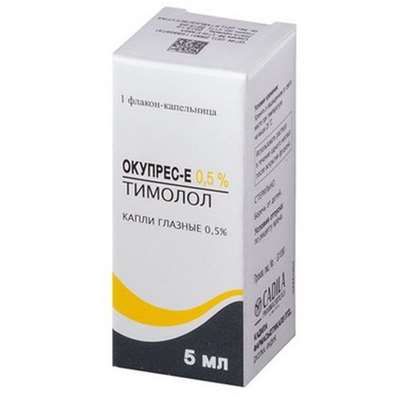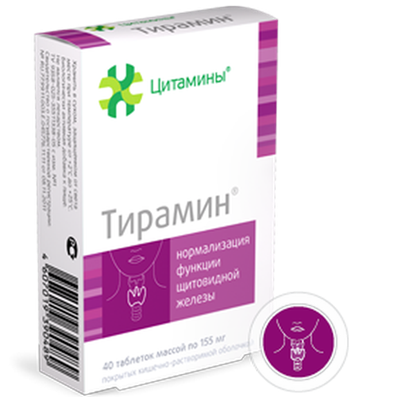How to increase the load in training, not to hurt the heart
11 Feb 2017
The loads on the heart while you exercise can bring both benefit and harm - it all depends on how you train. Professional athletes increase the intensity of training under the guidance of a mentor specialist and given the task. And for fans of a healthy lifestyle instructor there in the hall, sports gadgets to monitor heart rate, mobile applications. But all this is not enough if you do not understand the mechanism of training the heart muscle.
What navigate, increasing load
The main blow during and after high physical stress falls on the heart and blood vessels. Even if you feel strong enough, you should still start with the most simple, and gradually go on increasing weight and speed for the next workout.
You want to lose weight or gain muscle mass? Whatever the purpose, training should not be on the verge of possibilities. This is a subjective measure, but that it will primarily determine your "longevity" in the sport. Will you have the strength and desire to go to the gym after two days? Please pay attention to Thyreogen.
If you do not have heart problems, you will approach the general rule of increasing stress on the heart rate value.
A key criterion for the permissible exercise intensity is heart rate control. The allowable range pulse is determined for each individual. This can be done by means of special tables or calculators which can be found on the Internet. But, of course, the most accurately determine the safest and most effective for your target heart rate can be a doctor! In the future, all you need - to control whether you exceed the maximum threshold. Let's say your maximum allowable heart rate is 140 beats per minute. If you do not overclock on the treadmill, and heart rate is already close to the maximum is the limit of your today. Over time, the heart becomes accustomed to the load, and the pulse at the same speed becomes lower. At this point, the track velocity can be increased.
What kind of training are useful, and which are harmful for the heart?
The most popular way to develop heart endurance and strengthen the cardiovascular system - cardio. This run, bike, walking, jumping, swimming and other activities that do not require a lot of muscle power. Such exercises do not contribute to a dramatic increase in muscle mass and increases the load on the heart gradually. Cardio help the heart at the same time increase the number of muscle cells and is proportional to weight, fully filled with blood in diastole. Thus, the volume of the heart is increased, and it can pump more blood per unit time, managing to get enough rest.
In turn, the weight training stimulates an increase in skeletal muscle, which is necessary to supply a large amount of oxygen. This load can overpower already trained heart.
In fact, both the power and cardio can be used to enhance the cardiovascular system. Often physically weak people, those who have heart problems, high level of obesity, cardio can cause a dramatic increase in heart rate and blood pressure. In this case, can be used strength training with a minimum weighting in a comfortable rhythm. In this case load will not increase sharply, and the heart has time to adapt to the new needs of the organism. The main attention should be paid to increase the intensity of weights and enough rest.
Why heart need help while you exercise?
In determining the permissible load on the heart rate is usually only taken into account gender and age of the person, without taking into account the individual characteristics of the organism. If, for example, you never really exercised, the load even if the permissible speed of the heart rate can cause oxygen starvation in the myocardium.
Enlarge pulse to be easy, but staying at that figure for 40 minutes (the recommended duration cardio) will not immediately. Heart will be reduced more quickly, but the efficiency of blood circulation is low. Fatigue and shortness of breath - signals ineffective circulation. Work through the power in this case is dangerous, because you can cause irreparable damage to the heart muscle.
But if you are sufficiently trained and do not get tired, to be completely sure that the heart receives enough oxygen, too, can not. For example, if the heart rate above 160, you can feel quite normal, but the heart in this case will suffer and be damaged.
With regular training cardiologists recommend taking medicines that improve the metabolic processes in the myocardium, thus preventing heart failure. Optimal drug for this is Eltacin which consists of natural structural components for the body and is safe for chronic administration. Preparation constitute the basis Eltacin amino acids. They improve myocardial oxygen uptake and protect the heart, even at high loads.

 Cart
Cart





